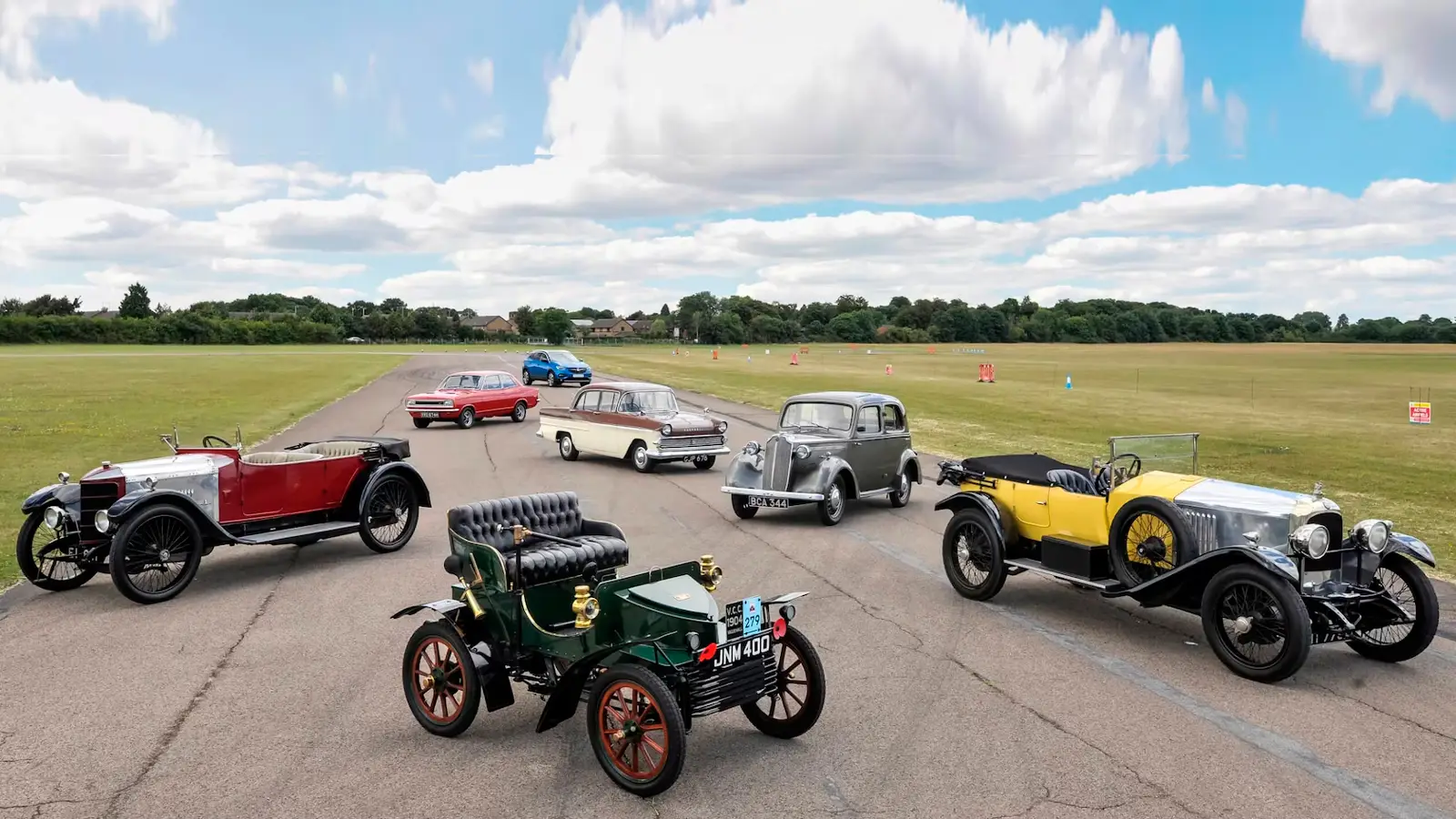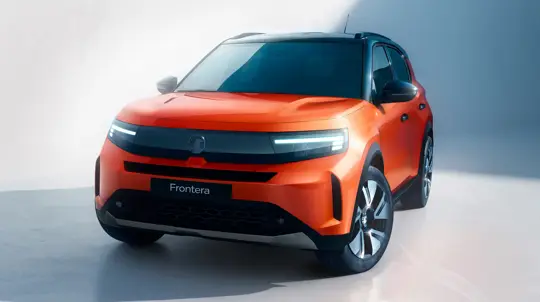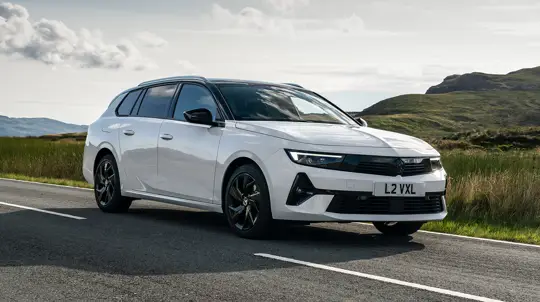Discover the new Vauxhall Frontera: A stylish, spacious C-SUV with ele...
2024, Apr 09 01:20
Vauxhall Astra shines at 2024 Business Motoring Awards, clinching 'Bes...
2024, Mar 14 22:29

Initially starting as a pump and marine engine manufacturer, Vauxhall ventured into the automotive sector in 1903, marking the beginning of an era that would see the brand become a staple on roads not just in its home country of the United Kingdom, but across the world.
The Early Days: Innovation and Expansion
Located in Vauxhall, London, and later moving to Luton, Bedfordshire, the company’s first car, the 6HP, paved the way for a legacy of innovation and British engineering prowess. These early vehicles were luxury models, showcasing Vauxhall’s commitment to quality and performance. However, it was the move towards mass production in the 1920s, following the company’s acquisition by American automotive giant General Motors (GM) in 1925, that truly put Vauxhall on the map. This transition allowed Vauxhall to produce more affordable vehicles, making car ownership accessible to a broader segment of the population.
Mid-20th Century: Becoming a Household Name
Throughout the mid-20th century, Vauxhall solidified its reputation as a manufacturer of reliable, family-friendly cars. Models like the Victor, Viva, and the Astra became synonymous with British motoring, often leading the charge in their respective segments. The brand’s commitment to catering to the needs and tastes of the British public was evident in its diverse range of models, from compact hatchbacks to spacious estates and powerful saloons.
Innovation and Challenges
The latter part of the 20th century and the early 21st century saw Vauxhall navigating through numerous challenges, including increased competition from European and Asian manufacturers. However, Vauxhall continued to innovate, embracing new technologies and environmental concerns. The introduction of electric and hybrid models, such as the Ampera, showcased the brand’s commitment to sustainability and its adaptability to the changing demands of the automotive market.
A New Chapter
The sale of Vauxhall Motors by General Motors to the PSA Group (now Stellantis) in 2017 marked the beginning of a new chapter for the brand. This transition has seen Vauxhall continuing to evolve, focusing on electrification and cutting-edge technology while still maintaining its core values of reliability and affordability.
Looking Forward
Today, Vauxhall is at the forefront of the automotive industry’s shift towards sustainability, with a commitment to offering an electrified variant of every model by 2024. The brand’s dedication to innovation, quality, and catering to the needs of its customers remains unwavering. As Vauxhall embarks on this new era of automotive design and technology, it continues to build on its legacy, promising a future where driving is not only about getting from A to B but doing so in a way that is cleaner, more efficient, and more enjoyable than ever before.
The story of Vauxhall Motors is one of resilience, innovation, and transformation. From its humble beginnings over a century ago to its position today as a leader in automotive technology, Vauxhall has continuously adapted and evolved to meet the changing needs of drivers and the environment. With a proud heritage and a clear vision for the future, Vauxhall Motors remains a beloved and trusted name among motorists, embodying the spirit of British motoring at its best.

